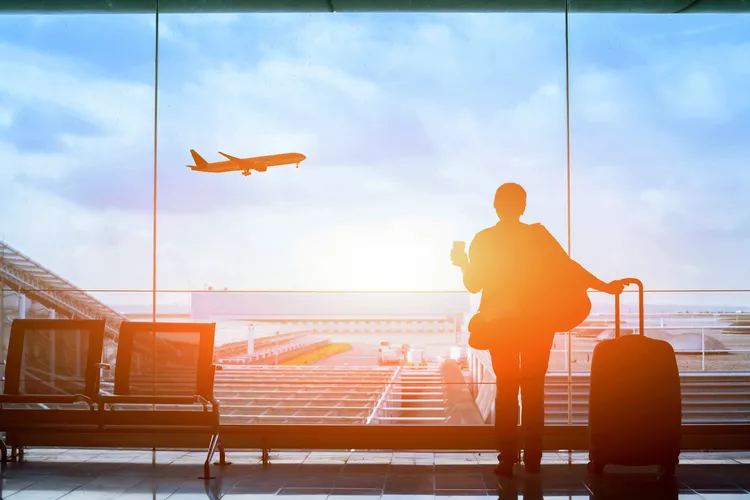Summary
If you travel frequently, eventually you will experience missing your flight. Sometimes, a serious traffic accident may close down your route to the airport. You might face mechanical trouble or a flat tire. These circumstances can preclude an on-time arrival at the airport for your flight.
If you’re like most budget travelers, you’ve likely purchased a non-refundable ticket as part of a low-cost air travel strategy. Consequently, your reservation for the return flight may be canceled because you failed to board the outbound flight.
Take a deep breath.
There are ways to navigate this unpleasant situation and minimize the damage to your travel budget.
Get to the Airport as Quickly as Possible
The first thing to do is proceed to the airport, even when it is clear you will not make it to the gate in time for boarding. Turning around and going home out of desperation will not help your cause. Remember that there are likely to be other flights leaving that day for the same destination. You want to be on one of them.
Moreover, with some airlines, there’s a chance you can board one of those flights without paying an additional change fee.
Ask about the Flat Tire Rule
There is an unpublicized policy to help customers who miss their flights due to circumstances beyond their control. If you can benefit from this policy, the missed flight that caused so much stress might end up costing you nothing.
The slang term within the airline industry for this policy is the flat tire rule. The idea is that if you experience a mishap that prevents you from arriving at the gate on time, the airline will re-issue a standby boarding pass for the next flight to your destination at no charge. However, it doesn’t apply to someone who shows up the next day and generally becomes unavailable about two hours after the original departure time.
This is essential because it highlights the importance of proceeding to the airport, even when you know the original flight will be leaving without you.
This courtesy is not typically associated with low-cost carriers, and missed flights on budget carriers usually incur a financial penalty.
Moreover, this policy can be nebulous, and some airlines won’t even talk about it. However, airlines focused on customer service often try to accommodate passengers caught in these unfortunate circumstances.
Plan on Paying the Change Fee
If the airline won’t waive the change fee, you could be paying an additional $150-$200 per ticket on many airlines for a standby reservation on the next flight. The good news is you’ll only pay the change fee once. If you can’t get on the next standby flight, you will be placed on a list for subsequent flight opportunities.
Furthermore, while it may be tempting to find a last-minute one-way ticket to your destination at lower cost than the change fee, resist that temptation and pay the change fee.
If you do not check in and deal with the circumstances, the airline will likely cancel your return flight reservation. Consequently, unless you can find a round-trip fare at the last minute that is lower, which is not likely, you’ll usually lose money by not paying the change fee.
Recognize the Consequences of Missing an International Flight
Don’t expect to receive “flat tire rule” grace on missed international flights. Those expensive seats generally fall under a different set of rules. Additionally, airlines often do not allow standbys on international flights, which means you could be forced to book a new seat reservation at a much higher price.
Therefore, it is wise to allow significantly more time for international departures and consider obtaining travel insurance that covers such situations.
Document Everything
No matter what happens with the airline staff, documenting everything that occurs at the ticket counter is crucial. Obtain hard copies of all related documents, including the airline policies the agent applied to your situation.
This documentation can prove extremely useful if you later decide to address a travel complaint or if you file a travel insurance claim. Lacking this information could hinder your ability to collect any entitled compensation.
Be Calm and Polite
After missing a flight, stress and irritation are common emotions. If a situation beyond your control results in added travel costs, your frustration is understandable. However, it’s important to control these emotions when interacting with airline personnel who can assist you.
Though they deal with unhappy passengers frequently, they’re also human and will respond better to kindness than demands. Experienced travelers will tell you that politeness is significantly more effective in these situations than aggression.




